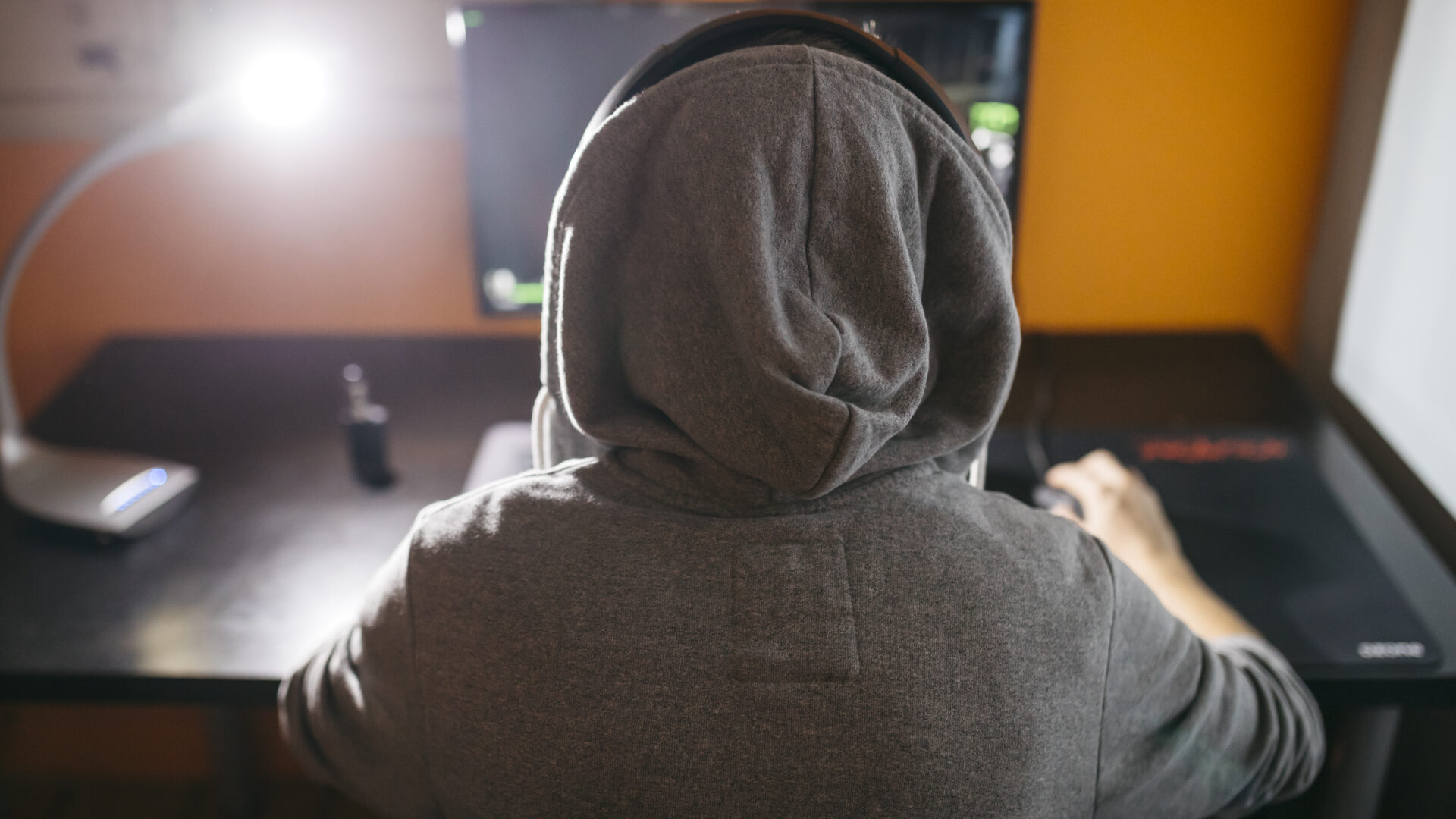
In recent years “alpha-male” podcasts have proliferated online as one of the most popular sectors of incel culture. These content creators’ viewpoints on topics like women’s appearances, sex and relationships are rarely challenged by their loyal fanbases which are largely boys and young men whose frontal lobes aren’t fully developed. Unfortunately, this leads to their real life interactions with girls and women.
Oxford Languages defines an incel as “a member of an online community of young men who consider themselves unable to attract women sexually, typically associated with views that are hostile toward women and men who are sexually active.”
Alana, the woman who coined the term “incel” in 1997 to be shorthand for “involuntarily celibate,” created her site to bring support to both men and women who felt they were “late bloomers” to romantic relationships. She never intended for it to be expropriated by men online who hold extremely harmful ideas about women. However, that’s exactly what happened on anonymous platforms like Reddit.
Unlike hidden users however, podcast hosts have become front-facing representations for the male movement even if they don’t self-identify as incels.
Read ‘Has Podcast Culture Ruined Original Perspective?’
Though widely criticized online, Fresh and Fit podcast hosted by Walter Weekes and Myron Gaines has nearly two million followers and subscribers across Instagram, YouTube and TikTok. The duo garners hundreds of thousands of views weekly and constantly go viral for arguing with women about sex and monogamy.
Reagan Grant, a sophomore at Hunter College, calls these types of podcasts dangerous because they often pander to boys and young men and can inspire their behavior. She believes their conversations exacerbate a longstanding issue with how men deal with rejection.
“It’s definitely frightening being in the situation where you have to reject the guy and you don’t know how they’re gonna react,” Grant said. “I remember hearing a guy threw a brick at a woman’s face for rejecting his advances so stuff like that always lingers in the back of my mind when having to interact with men in that way.”
During Grant’s first year at college she was approached by a guy at a party that tried to “feel her up.” After repeatedly declining to share her Instagram and phone number with him, she gave him a fake number. She says society should teach boys and men that their identity and manhood isn’t tied to how many women they can pull and when they do experience rejection it shouldn’t be tied to their egos.
Domenique Harrison, a Licensed Family and Marriage Therapist and Licensed Professional Clinical Counselor, says this type of online content can cement in the minds and bodies of boys which can lead to an increase of resentment.
“Let’s say you have a 12 year old boy who is experiencing bullying in school and seeing his peers interact with girls and he’s not getting the same attention. He’s feeling isolated, left out and disconnected from community,” Harrison tells GU. “ When he goes online and finds people who are resonating with that experience and giving him things to think about within that dynamic, he latches on to that and makes it his own narrative. The social narrative that completes him becomes his own individual narrative, which is extremely limiting and rigid.”
These podcasts are interwoven to extremist forums like 4Chan and even events like Charlottesville and society should listen more closely to gender and racial organizations that have raised their voices in concern.
Last September, 15-year-old Eliane Andam was fatally stabbed in London by a male schoolmate after her friend, who was his ex-girlfriend, rejected a bouquet of flowers from him. Andam’s demise is just one of countless instances of girls and women being harmed by boys and men who were rejected. In 2014 Elliott Rodger, who is hailed as a hero in incel circles, killed six people in a shooting and stabbing spree after posting a Youtube video and distributing a 141-page manifesto detailing his frustration with being a virgin and his hatred of women.
For boys and men who moralize being rejected as a deficit within themselves, alpha-male podcasts only fuel those negative emotions rather than giving them the support to know that they aren’t sad or bad people for being rejected. Grant suggests social media and tech companies be better at flagging hate speech or speech that has the potential to lead to physical harm. For Harrison, it’s understanding the word no.
“Society needs to better teach young people about shame and grandiosity and learning to accept being told no,” Harrison says.